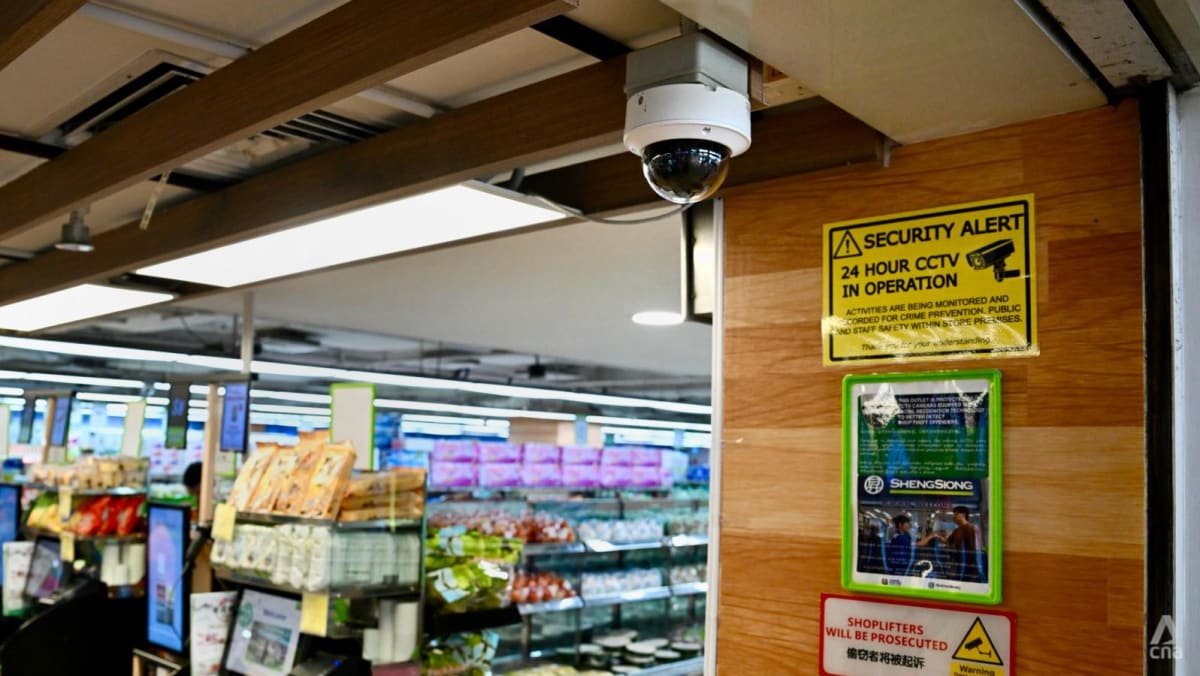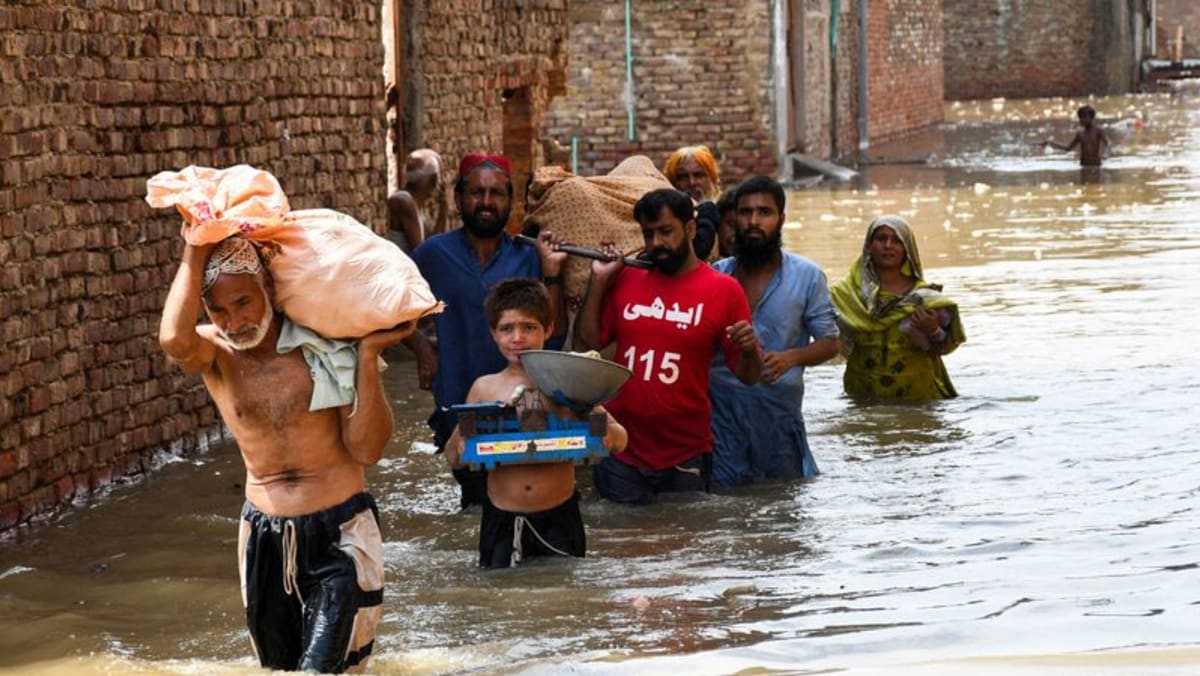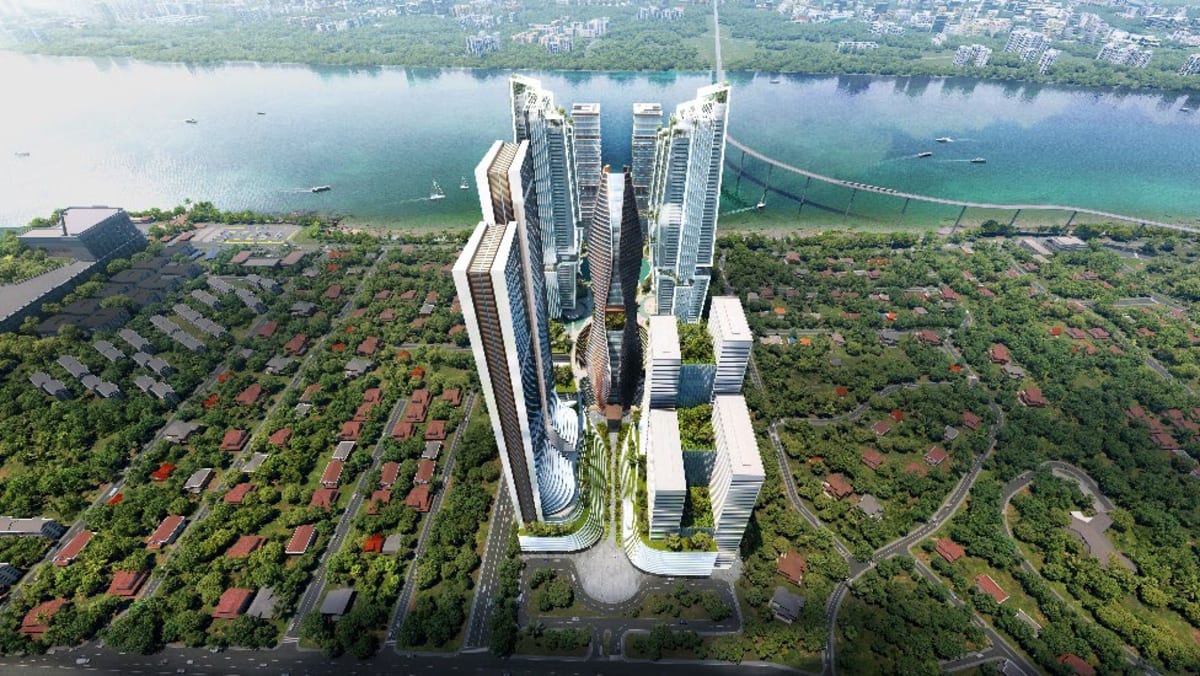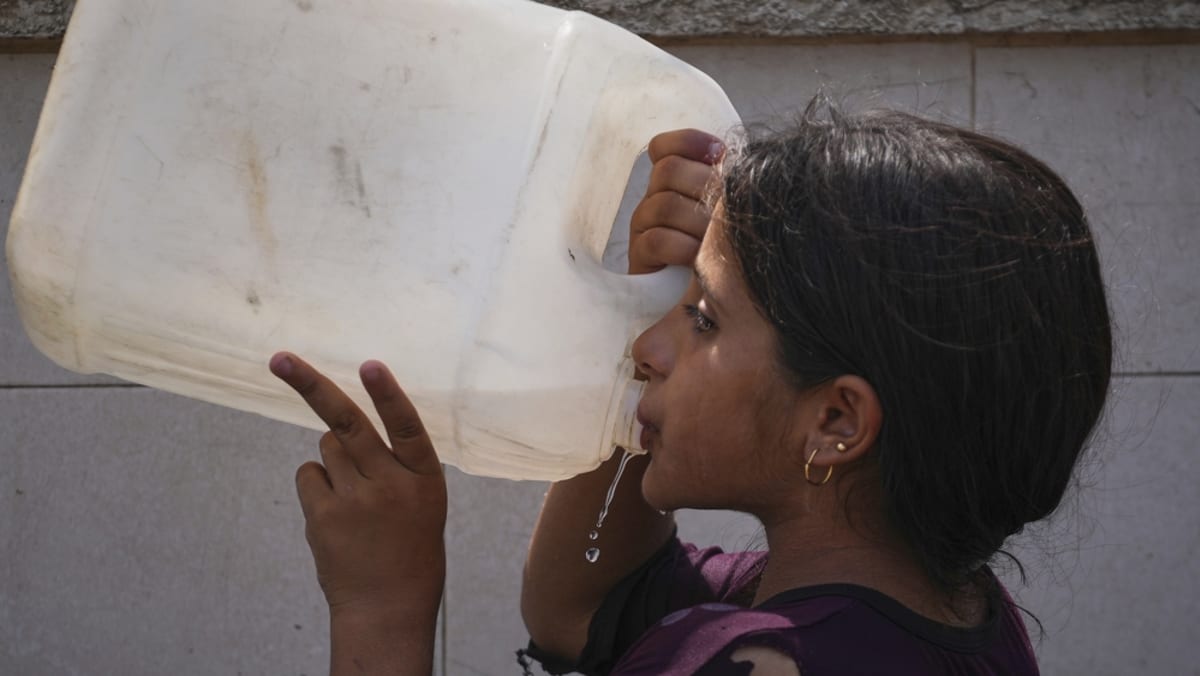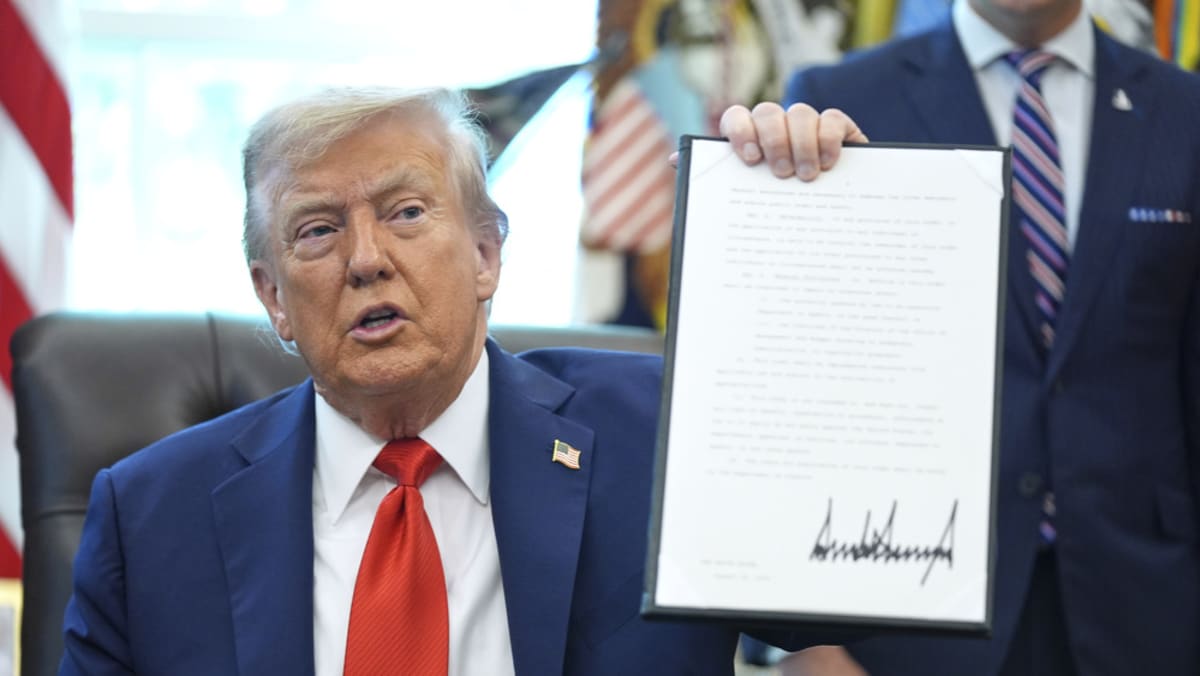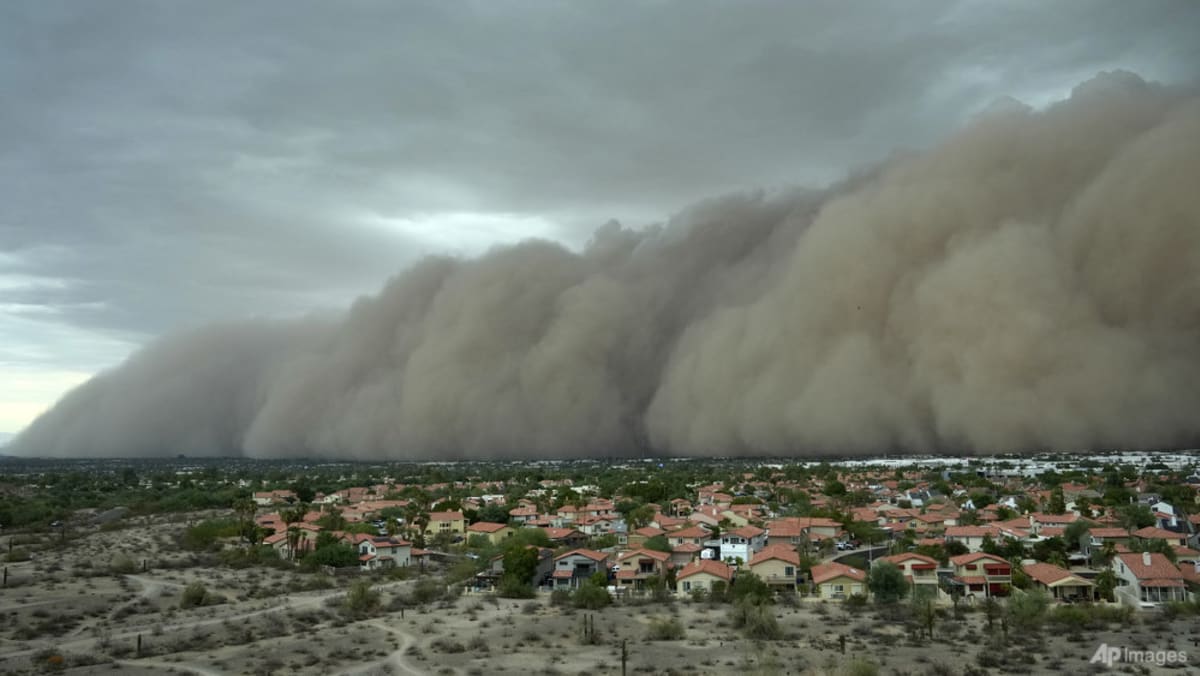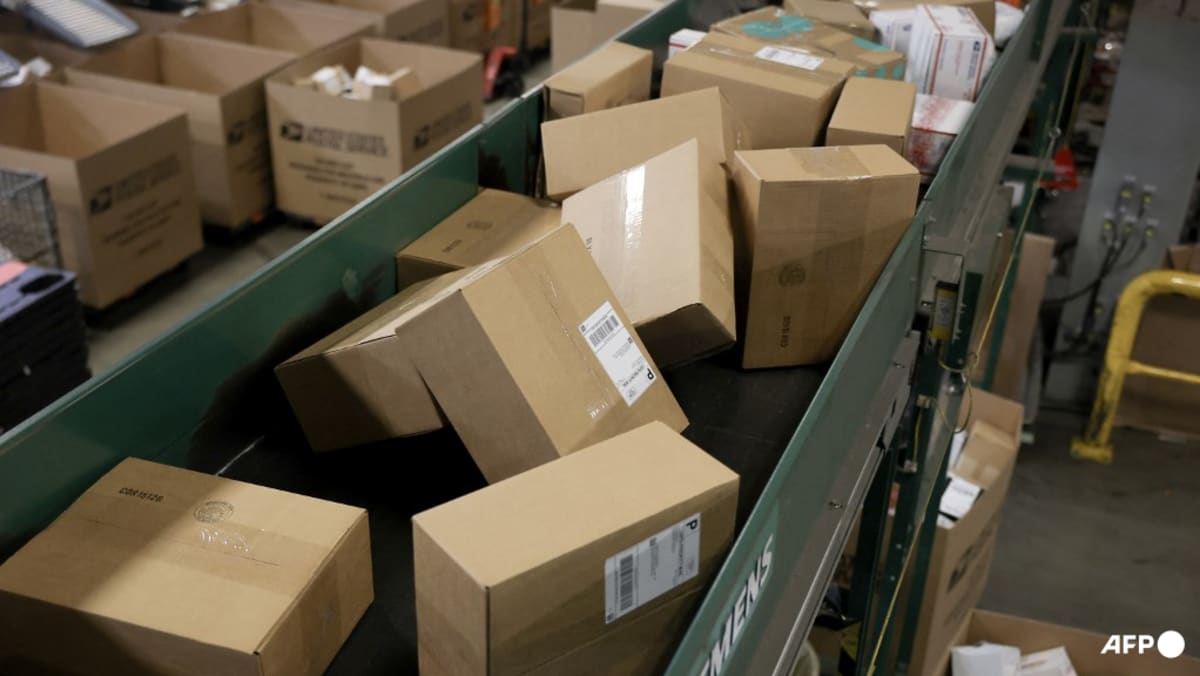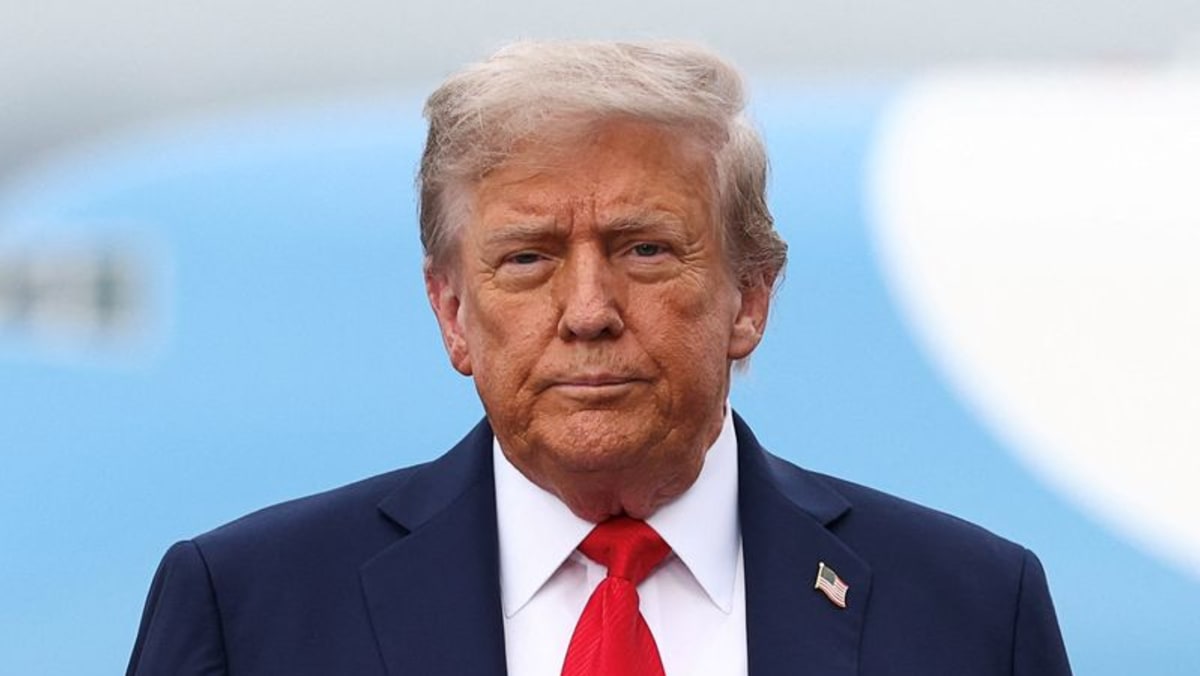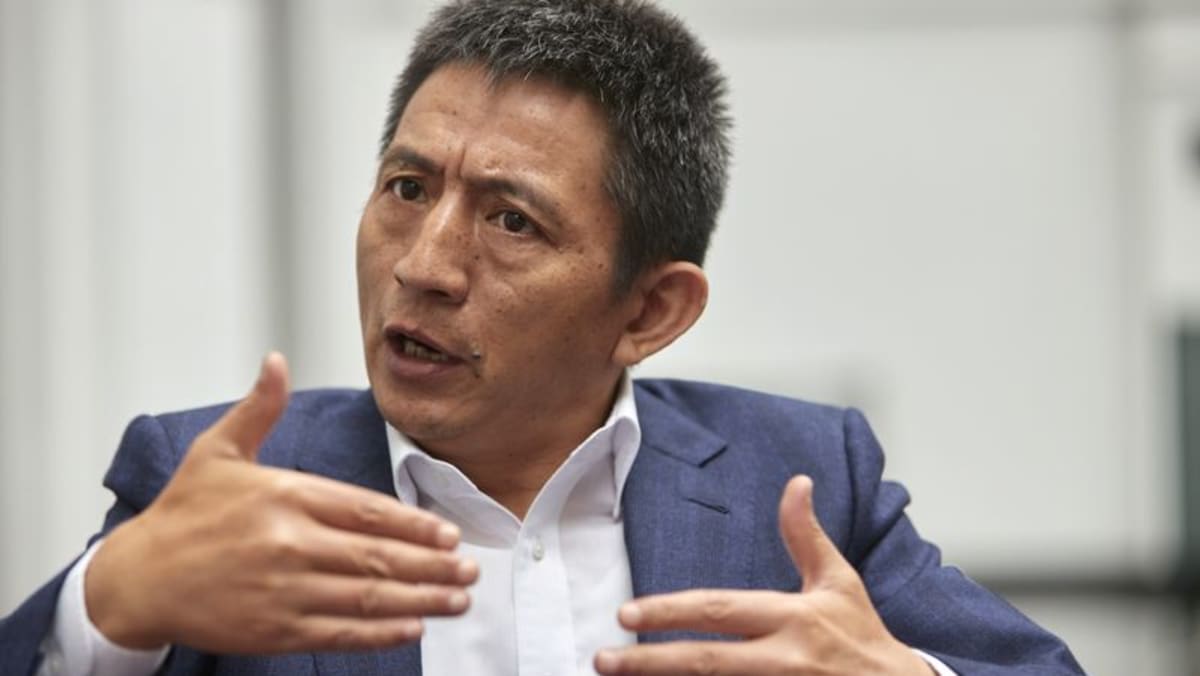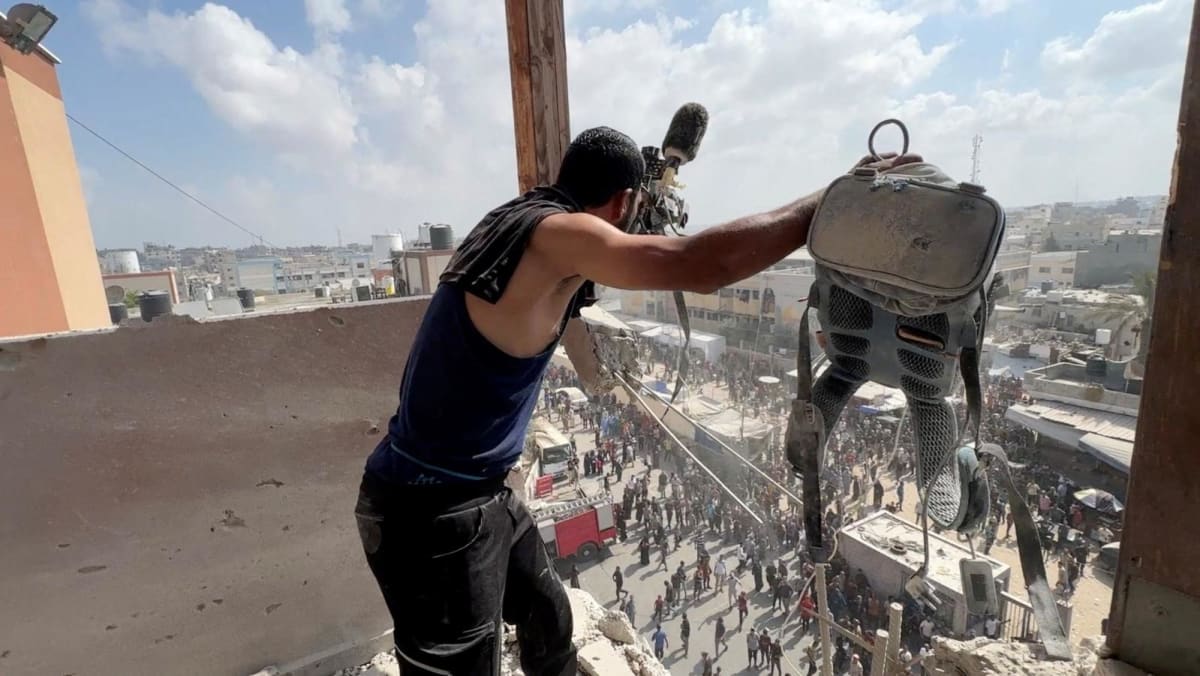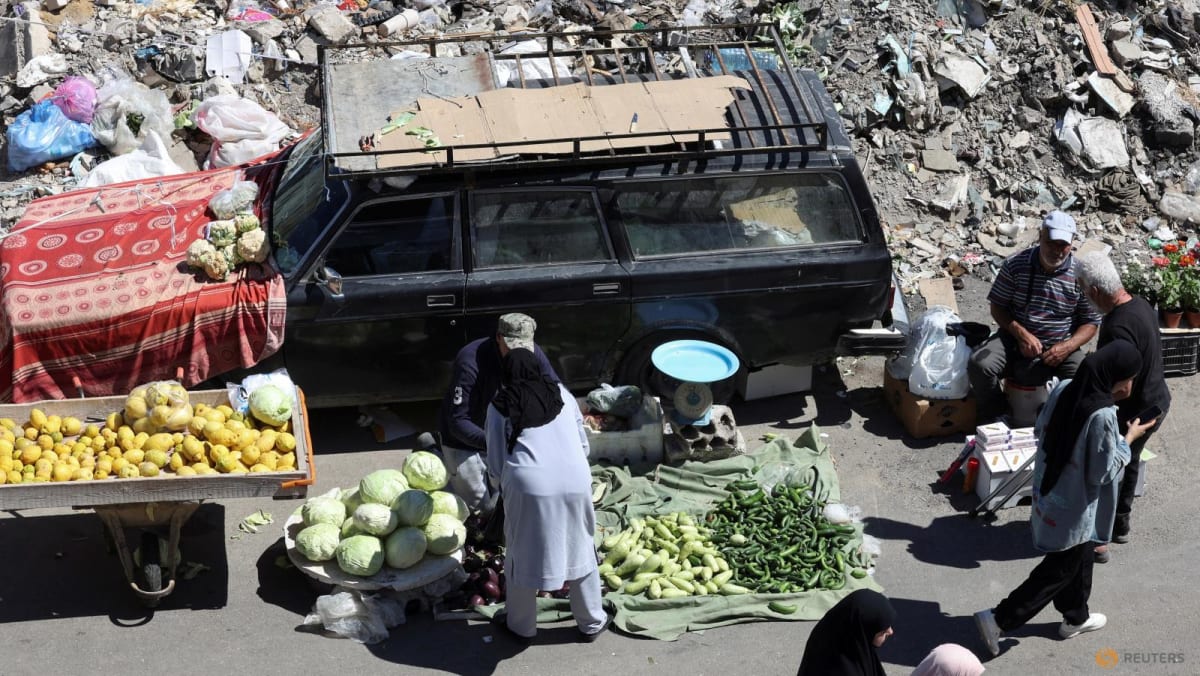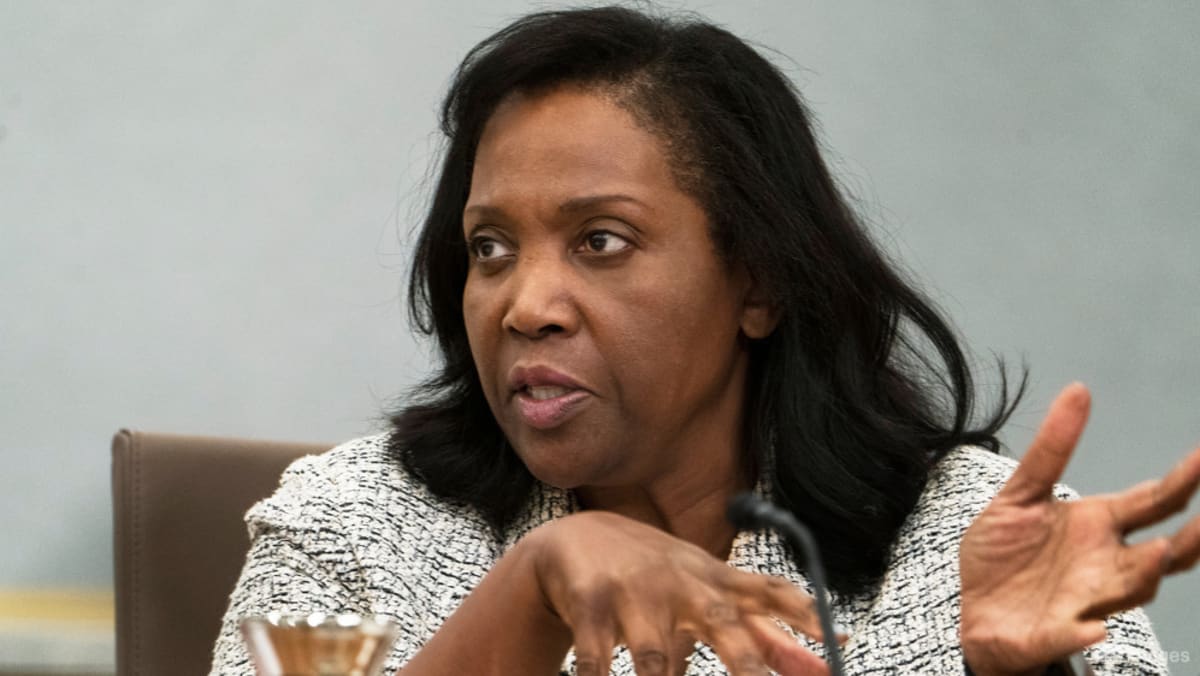GENEVA: More than two billion people worldwide still lack access to safely-managed drinking water, the United Nations said on Tuesday (Aug 26), warning that progress towards universal coverage was moving nowhere near quickly enough.
The UN’s health and children’s agencies said a full one in four people globally were without access to safely-managed drinking water last year, with over 100 million people remaining reliant on drinking surface water – for example from rivers, ponds and canals.
The World Health Organization and UNICEF said lagging water, sanitation and hygiene (WASH) services were leaving billions at greater risk of disease.
They said in a joint study that the world remain far off track to reach a target of achieving universal coverage of such services by 2030.
Instead, that goal “is increasingly out of reach”, they warned.
“Water, sanitation and hygiene are not privileges: they are basic human rights,” said the WHO’s environment chief Ruediger Krech.
“We must accelerate action, especially for the most marginalised communities.”
The report looked at five levels of drinking water services.
Safely managed, the highest, is defined as drinking water accessible on the premises, available when needed and free from faecal and priority chemical contamination.
The four levels below are basic (improved water taking less than 30 minutes to access), limited (improved, but taking longer), unimproved (for example, from an unprotected well or spring), and surface water.
